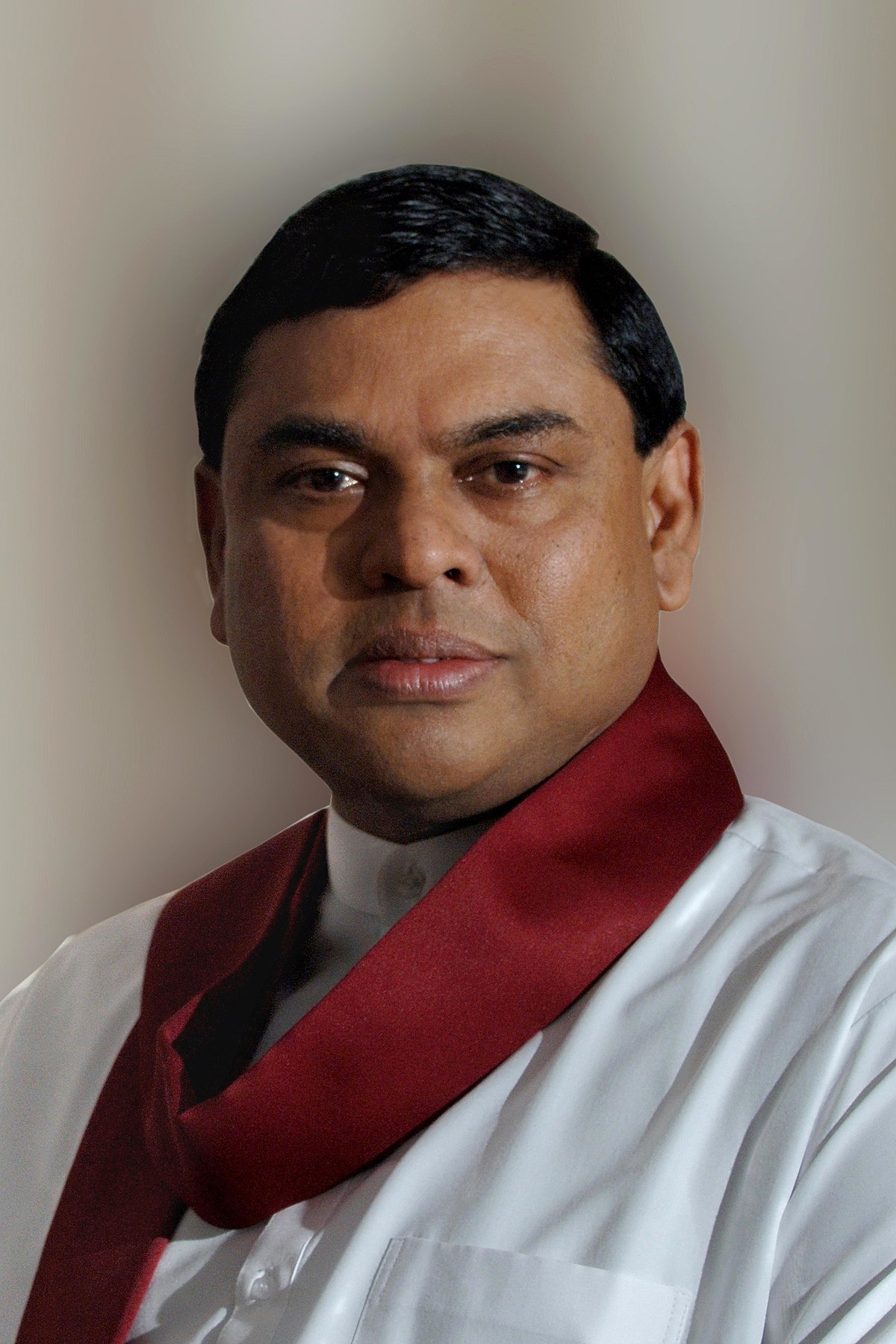COLOMBO, (Reuters) – Sri Lankan immigration officials stopped the president’s brother and former finance minister Basil Rajapaksa from flying out of the country today, as anger mounted over the island’s worst economic crisis in decades.
It was not clear where Rajapaksa, who also holds U.S. citizenship, was trying to go. He resigned as finance minister in early April as street protests surged against shortages of fuel, food and other necessities, and quit his seat in parliament in June.
His elder brother, Gotabaya Rajapaksa, will resign as president tomorrow to make way for a unity government, after thousands of protesters stormed his and the prime minister’s official residences on Saturday demanding their ouster.
The president has not been seen in public since Friday and his whereabouts are unclear. Parliament will elect his replacement on July 20.
The main opposition party has nominated its leader, Sajith Premadasa, the son of an assassinated president, for the post. The ruling party is to decide on a nominee later in the day.
The Sri Lanka Immigration and Emigration Officers Association said its members declined to serve Basil Rajapaksa at the VIP departure lounge at Colombo airport.
“Given the unrest in Sri Lanka, immigration officials are under tremendous pressure to not allow top-level people to leave the country,” K.A.S. Kanugala, chairman of the association, told Reuters.
“We are concerned for our security. So until this issue is resolved, the immigration officials working at the VIP lounge decided to withdraw their services.”
Pictures of Basil Rajapaksa at the lounge were carried by local media and widely shared on social media, with some people expressing anger at his attempts to flee. Basil Rajapaksa could not be immediately reached for comment and a close aide declined to give details.
A top official in the ruling party said on condition of anonymity that Basil Rajapaksa was still in the country.
The Rajapaksa family, including former Prime Minister Mahinda Rajapaksa, has dominated the politics of the country of 22 million for years and most Sri Lankans blame them for their current misery. Police have said that if a court ordered, they could investigate how about $50,000 in cash was found by protesters at the president’s house.
U.S. Treasury Secretary Janet Yellen said during a visit to Tokyo that Sri Lanka was in a “very difficult situation” and that one of its main debt holders, China, had an important role to play.
China is Sri Lanka’s fourth-biggest lender, behind international financial markets, the Asian Development Bank and Japan.
In recent months, neighbour India has extended billions of dollars in loans to Sri Lanka to help pay for vital supplies. China has intervened less publicly but said it supports efforts for the island nation to restructure its debt.
The tourism-dependent economy was hammered badly by the COVID-19 pandemic and a fall in remittances from overseas Sri Lankans, while a ban on chemical fertilisers damaged farm output. The ban was later reversed.
The Rajapaksas implemented populist tax cuts in 2019 that affected government finances while shrinking foreign reserves curtailed imports of fuel, food and medicines.
Petrol has been severely rationed and long lines have formed in front of shops selling cooking gas. Headline inflation hit 54.6% last month, and the central bank has warned that it could rise to 70% in coming months.

